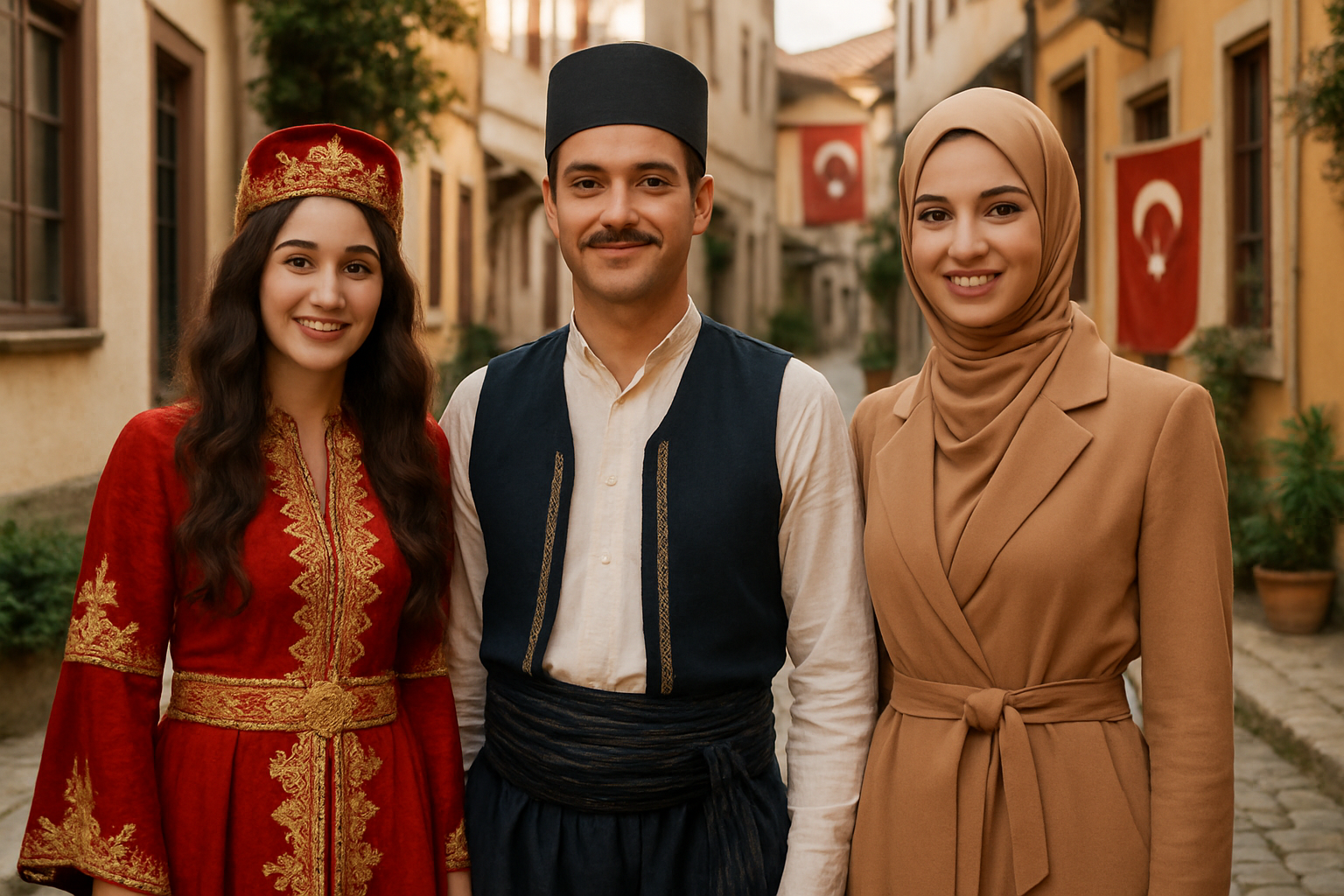Dress Code in Turkey: What to Wear and When

Moving to Turkey is an exciting experience filled with rich culture, warm hospitality, and vibrant communities. However, adapting to a new country comes with unique challenges, especially when it comes to understanding social norms. Dress code standards in Turkey may differ from what expats expect, and choosing appropriate clothing can make the difference between blending in and standing out. This guide will help you navigate what to wear and when, ensuring comfort, respect, and freedom to enjoy everything Turkey offers.
Understanding Turkish Style: A Blend of Tradition and Modernity
Turkey lies at the crossroads of Europe and Asia, making it a unique environment where traditional values meet modern lifestyles. In metropolitan areas like Istanbul, Izmir, and Ankara, you will notice fashion-forward people in contemporary clothing. Yet, when you visit smaller cities or rural towns, expectations tend to lean towards modesty.
- Major cities embrace casual styles such as jeans, t-shirts, and summer dresses
- Rural areas favor more conservative attire like longer skirts and sleeved shirts
- Dress expectations shift during religious holidays and in places of worship
- Layering works well with Turkey’s fluctuating seasons and temperatures
Recognizing these nuances helps you choose outfits that fit both your personal style and local norms. Whether you are heading to a business meeting or a seaside café, blending tradition with trend will give you confidence wherever you go.
Everyday Clothing: What to Wear for Work, Errands, and Socializing
As an expat, you will spend your days balancing work responsibilities with errands and social gatherings. Your daily wardrobe will depend on where you live and your work environment.
- Office workers often wear smart-casual combinations, such as tailored trousers, polos, and blouses
- Many workplaces expect close-toed shoes and avoid casual sportswear during business hours
- For errands and casual outings, comfortable jeans, blouses, and t-shirts are the norm
- You can accessorize with scarves or jackets, especially in cooler months
- Social events, like meeting friends for tea, allow for relaxed yet polished looks
In practical terms, investing in versatile pieces like cardigans, neutral pants, and layered shirts can help you transition from work to leisure activities seamlessly. Prioritizing comfort and flexibility ensures you never feel out of place.
Religious and Cultural Sensitivities: Dressing Respectfully
Regardless of age or gender, dressing respectfully remains important in specific settings. Visiting mosques, traditional neighborhoods, or attending religious ceremonies requires thoughtful outfit choices.
- Women should carry a scarf to cover their hair and wear skirts or pants below the knee
- Both men and women should choose tops with sleeves that cover the shoulders
- Shorts, sleeveless shirts, and revealing outfits may be inappropriate in conservative settings
- Remove shoes before entering mosques and sometimes private homes
These practices reflect respect for local customs and create positive interactions. Many expats find that a respectful approach helps them build trust and friendships with their Turkish neighbors. Having a lightweight scarf and a longer-layered top in your bag makes it easy to adjust as needed.
Seasonal Considerations: Dressing for Turkish Weather
Turkey’s climate differs dramatically from region to region, impacting your clothing choices. Summer in Istanbul brings heat, while winters in central Turkey mean snow and cold winds.
- Light cotton and linen fabrics work well in hot summers, paired with comfortable sandals
- Winters call for warm coats, boots, and woolen accessories
- Rain showers in spring and autumn mean a water-resistant jacket and umbrella are essential
- Sea breezes can lower temperatures along the coast, even in summer evenings
Packing and shopping for a Turkish wardrobe means preparing for sudden weather changes. Choosing clothing that allows for layering keeps you comfortable year-round. Practical benefits include staying protected from the sun, wind, and occasional rain without sacrificing style or functionality.
Special Situations: Beaches, Fitness, and Turkish Events
Certain occasions call for different dress codes, whether you’re hitting the beach, heading to the gym, or attending a Turkish wedding.
- Beach resorts along the Mediterranean are relaxed about swimwear, though modest cover-ups are appreciated when away from the sand
- Gyms and fitness studios accept sporty attire, but covering shoulders and thighs on your way to and from facilities is common courtesy
- Cultural festivals and weddings involve elegant attire; women often wear dresses or skirts, while men don shirts and trousers
- Children’s parks and playgrounds follow casual, comfortable clothing for active play
Understanding these expectations means you avoid awkwardness and ensure positive experiences in public spaces. Wearing the right attire for each event adds to your sense of belonging and respect for local traditions.
Adapting to life in Turkey brings wonderful opportunities. By understanding and following the local dress code, you respect cultural values, make a positive impression, and enjoy daily life more fully. Flexible, practical clothing choices allow you to explore confidently and form meaningful connections wherever your new journey takes you.
